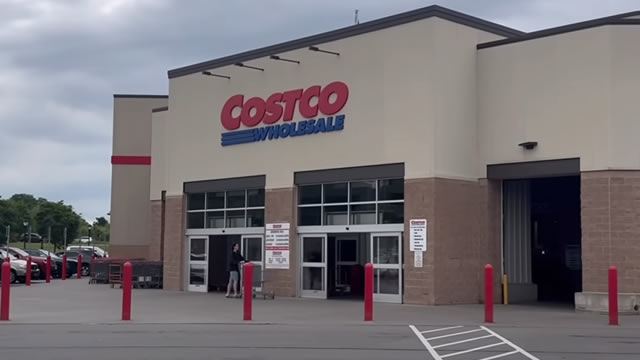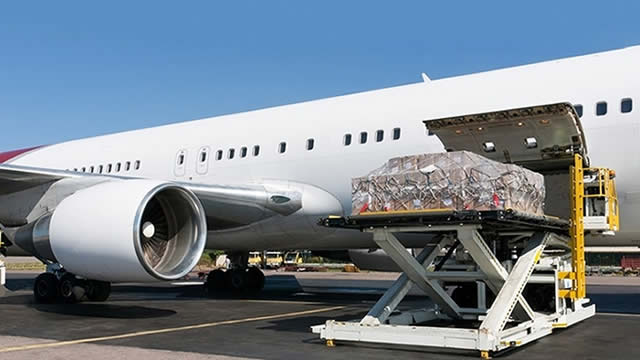The Rise of Costco’s $86 Billion Kirkland Signature Brand: A Game-Changer in Retail
In 1995, Costco Wholesale Corporation, an American multinational corporation, introduced its private label, Kirkland Signature, to the world. This move went against the industry standards of the time, where private labels were often seen as inferior and secondary to well-known national brands. But Costco had a different vision, one that would eventually make Kirkland Signature their secret weapon and a major player in the retail industry.
The Early Days of Kirkland Signature
When Kirkland Signature was launched, it was a modest line of products, consisting mainly of Kirkland-brand coffee and Kirkland-brand baby diapers. However, Costco’s commitment to quality and competitive pricing quickly set it apart from other private labels. The company worked closely with manufacturers to produce high-quality items at lower costs, allowing them to offer these products at significantly lower prices than their branded counterparts.
The Turning Point
The turning point for Kirkland Signature came in the late 1990s and early 2000s, when the private label began to expand beyond staple items and into more diverse product categories, such as food, beverages, and electronics. This expansion was driven by consumer demand, as shoppers began to recognise the value and quality of Kirkland Signature products. The private label’s success was further boosted by Costco’s membership model, which encouraged repeat business and brand loyalty.
The Impact on Costco and the Retail Industry
Today, Kirkland Signature is a powerhouse brand, generating over $86 billion in annual sales for Costco. The private label’s success has transformed the retail landscape, with many other retailers following suit and introducing their own private labels. The private label market is now estimated to be worth over $1 trillion globally, and it continues to grow at a rapid pace.
The Effect on Consumers
For consumers, the rise of private labels like Kirkland Signature has led to increased competition and more choices, resulting in lower prices and better value. Private labels have also allowed consumers to discover new brands and products that they may not have otherwise tried. Additionally, private labels have often been at the forefront of innovation, offering unique and high-quality products that rival or even surpass those of national brands.
The Effect on the World
On a larger scale, the success of Kirkland Signature and other private labels has had a significant impact on the global economy. It has disrupted traditional supply chains, with manufacturers increasingly focusing on producing for private labels rather than national brands. It has also led to increased competition and innovation in the retail industry, as retailers seek to differentiate themselves and attract customers.
Conclusion
The launch of Costco’s Kirkland Signature brand in 1995 was a bold move that went against industry standards. But through its commitment to quality, competitive pricing, and innovation, Kirkland Signature has become a retail behemoth, generating billions in annual sales and transforming the retail landscape. For consumers, the rise of private labels has led to increased competition, more choices, and better value. For the world, it has disrupted traditional supply chains and led to increased innovation and competition in the retail industry.
- Costco’s Kirkland Signature brand was launched in 1995
- Initially consisted of coffee and baby diapers
- Expanded into food, beverages, electronics, and more
- Generated over $86 billion in annual sales
- Disrupted traditional supply chains and led to increased competition and innovation in the retail industry





